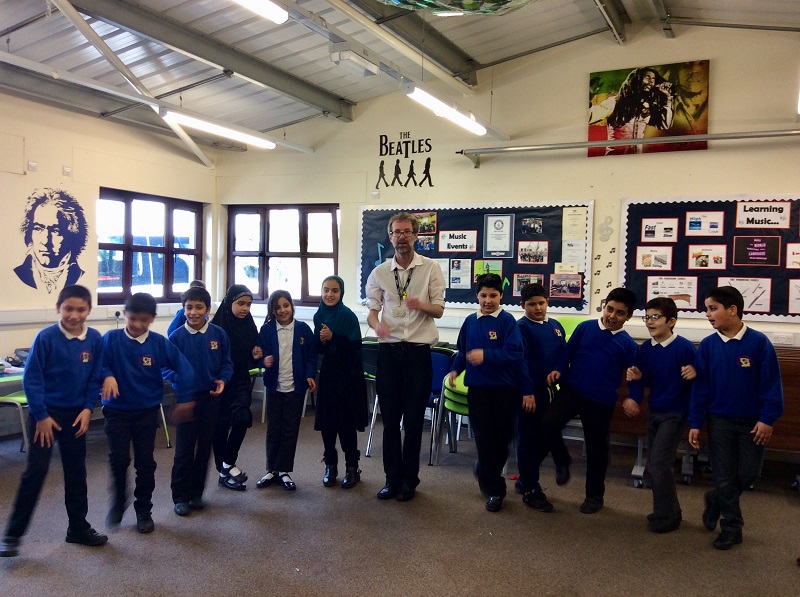
Does practice always make perfect?
BY: Guest Writer
19 Feb 2019
This week we have a special guest blog post from Jimmy Rotheram, musician and Music Coordinator at Feversham Primary Academy who shares with us his views on ‘practice’. Jimmy has seen first-hand how using inclusive, child-developmental approaches to music education can transform schools. After introducing up to six hours of music a week for every child, Feversham went from Special Measures to one of the top 10% of schools in the country for pupil progress. This led to a feature in the Guardian which attracted over 250,000 global shares.
In December last year, Jimmy was shortlisted for the Global Teacher Prize, as one of three teachers from England.
You can hear Jimmy talk about his views from when he was a guest speaker for our webinar ‘Music changes young lives and minds’, recorded in October last year. Register here to watch the recording.
 How do you get to Carnegie Hall? There may be a lot more to it than simply, "Practice!". Yet the received wisdom is that all we need to do is put in 10,000 hours of practising and we will be rewarded with virtuosic perfection. Practising is the panacea to cure all ills. Of course, practising is necessary, but I want to explore some of the many caveats to the seemingly self-evident premise "practice makes perfect". My idea of the concept has refined over time, leading to a sea change in how I think about practice for my own students, and the idea of the pursuit of perfection. For example, perfection will never be achieved. Jon Cleary speaks for many musicians when he describes how he is never satisfied and content with his playing, which is what spurs him on to improve. In this sense it is fortunate that perfection is never achieved.
How do you get to Carnegie Hall? There may be a lot more to it than simply, "Practice!". Yet the received wisdom is that all we need to do is put in 10,000 hours of practising and we will be rewarded with virtuosic perfection. Practising is the panacea to cure all ills. Of course, practising is necessary, but I want to explore some of the many caveats to the seemingly self-evident premise "practice makes perfect". My idea of the concept has refined over time, leading to a sea change in how I think about practice for my own students, and the idea of the pursuit of perfection. For example, perfection will never be achieved. Jon Cleary speaks for many musicians when he describes how he is never satisfied and content with his playing, which is what spurs him on to improve. In this sense it is fortunate that perfection is never achieved.
The glaringly obvious thing missing from the equation (practice + time = success) is the vital role of the teacher. Anyone who has tackled the Moonlight Sonata’s tricky third movement will understand how I might have become frustrated in the past that no matter how much I practised them, some sections just seemed beyond me. I would practise for hours and hours at snail's pace, gradually speeding up, getting nowhere, getting frustrated and losing confidence. Just a single lesson with concert pianist Orsolya Szábo sorted it all out. My mind was blown. We did some Dalcroze style gross motor movement away from the piano, which we then refined to small hand movements. I sat at the piano, Orsolya told me what to focus on and made a few tweaks to my posture and wrist alignment. I just sat down at the piano and played it, easily, first time of asking. ‘There you go, easy-peasy!’, said the wonderfully eccentric and spookily gifted polymath, pointing to her cheek. ‘Now you give kiss!’. It wasn't hours of practice I needed, just some good teaching.
I was likewise surprised when the concert pianist Rami Bar Niv explained that he hasn't practised scales for 60 years, but merely uses the repertoire. ‘In my opinion, once you know scales, there's no need to keep on drilling them for the rest of your life, something that seems to me a waste of time. Everything one needs is in the repertoire and I'd much rather spend my time on repertoire…’. Context is vital. When I wanted to learn particular pieces, I would obsessively practise the things I needed to. But give me an abstract page of scales and I would switch off.
We probably all know musicians like Woody. Woody is a superb musician who I used to play in bands with, who now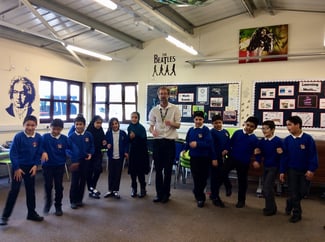 works as a session musician. He has a ludicrously good ear, a really strong working knowledge of music theory, and as an improviser locks in, complements and imitates what other musicians are doing in a band. He is a multi-instrumentalist and a superb producer. I once asked him how he finds the time to practise. His answer was at first stunning: ‘Oh, I don't practise, I just play around occasionally between gigs’. However, as I got to know Woody more, I learned that he wasn't one for structure and self-disciplined practise and would never be a "half-an-hour-of-scales-every-day" kind of guy. He played for the sheer enjoyment and artistry. However, it's not actually true that he doesn't practise. He never stops practising. While he is talking to you about shopping he will be drilling paradiddles on his legs. Like many of us, he always has music, and subsequent analytical graphs/charts/notation relating to it, in his head. The musicianship in his heart drives him to constantly improve, in the sort of informal way we learn our native languages. We don't sit in a room practising sentences on our own in misery!
works as a session musician. He has a ludicrously good ear, a really strong working knowledge of music theory, and as an improviser locks in, complements and imitates what other musicians are doing in a band. He is a multi-instrumentalist and a superb producer. I once asked him how he finds the time to practise. His answer was at first stunning: ‘Oh, I don't practise, I just play around occasionally between gigs’. However, as I got to know Woody more, I learned that he wasn't one for structure and self-disciplined practise and would never be a "half-an-hour-of-scales-every-day" kind of guy. He played for the sheer enjoyment and artistry. However, it's not actually true that he doesn't practise. He never stops practising. While he is talking to you about shopping he will be drilling paradiddles on his legs. Like many of us, he always has music, and subsequent analytical graphs/charts/notation relating to it, in his head. The musicianship in his heart drives him to constantly improve, in the sort of informal way we learn our native languages. We don't sit in a room practising sentences on our own in misery!
There is no doubt that the multiple repetition of processes is ultimately essential for developing technique, ear-training, sight-reading etc. However, we all know that bad practising can undo good teaching and that coercion can put children off for life. Writers like Alfie Kohn in Punished by Rewards have made good arguments as to why even rewarding children for practising, whilst bringing about short-term gains, may be disastrous in the long run. Kodaly has also written of the dangers of: ‘dry, lifeless exercises for children, which the children hate and very often together with them they also hate the music lesson, and finally, music’.
The solution is easier said than done, but was said well by Kodály: ‘Teach music in such a way that it is a joy, never a torture... the purpose of music is not that it should be judged, but that it should become our substance’. Once this happens, children will be highly motivated to improve, and will be doing it independently - not for a teacher, a parent or a sticker, but for the sheer joy of mastering their instrument.
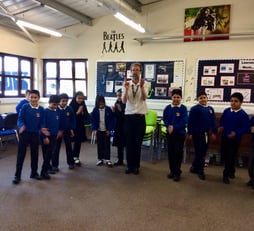 I'm amazed at how much the children "practise" at Feversham - whether it be clapping games in the playground or working to improve their instrumental skills, and I've never demanded the "p" word of them. I will occasionally set them challenges to complete in their own time, but these are always optional. Once the sparks of inspiration light a fire, depending on the individual pupil, we can then start to gently push and guide them towards practise routines. But we should remember the famous quote often misattributed to Albert Einstein - 'Insanity is doing the same thing over and over again and expecting different results'.
I'm amazed at how much the children "practise" at Feversham - whether it be clapping games in the playground or working to improve their instrumental skills, and I've never demanded the "p" word of them. I will occasionally set them challenges to complete in their own time, but these are always optional. Once the sparks of inspiration light a fire, depending on the individual pupil, we can then start to gently push and guide them towards practise routines. But we should remember the famous quote often misattributed to Albert Einstein - 'Insanity is doing the same thing over and over again and expecting different results'.
If you have an opinion on this blog post, please share it with us via the comments section below.
Related posts
BY: Alan Lynch

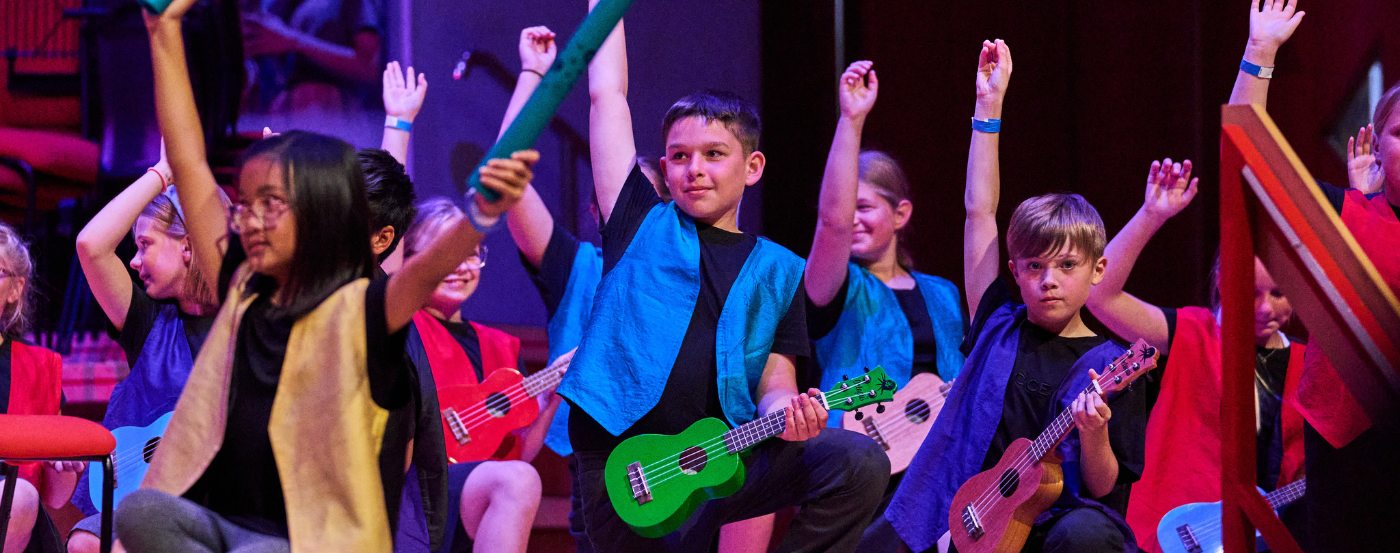
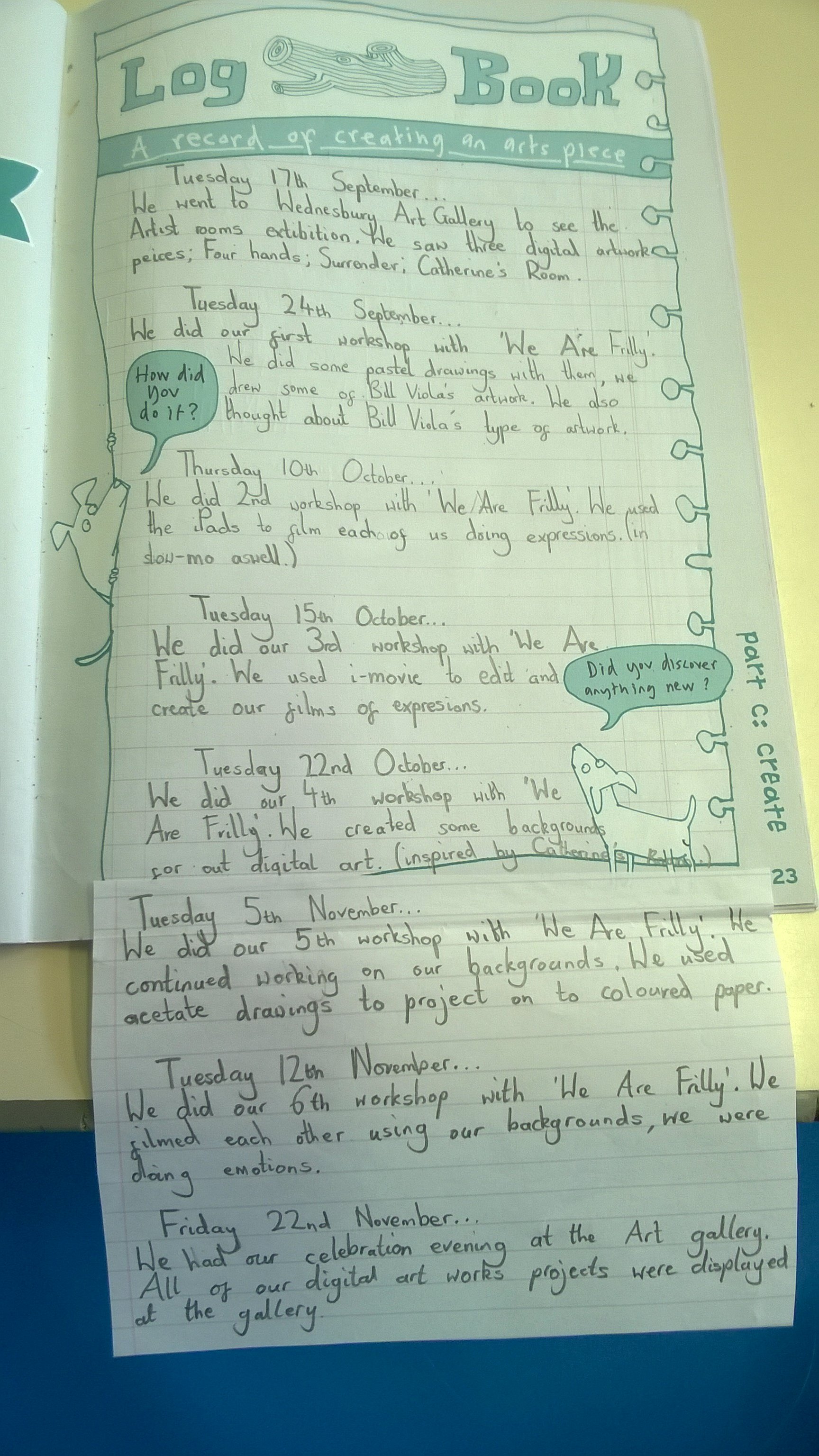
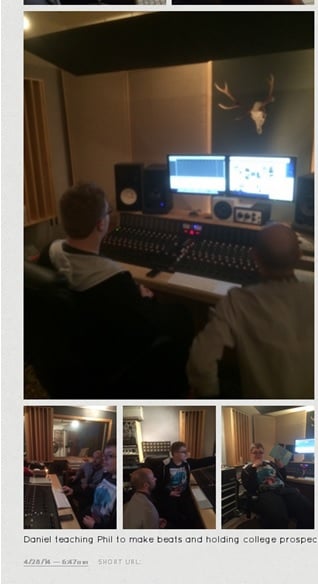
Comments & Replies